As part of its commitment to make life easy for people living with disability, especially with brittle bone diseases, Osteogenesis Imperfecta Foundation Nigeria, (OIFN) a non-governmental-organisation (NGO), has donated 300 wheelchairs walking frames, walking sticks and clutches to 300 disabled adults and children, within Lagos State and its environs.
Speaking at the presentation of the wheelchairs to the beneficiaries held at Saints Raphael, Micheal and Gabriel Catholic Church, Satellite Town, Lagos, the Chief Executive Officer, OIFN, Tarela Aghanti called on medical practitioners especially doctors to partner with OIFN to carry out corrective surgery, for people with brittle bone diseases to straighten their deformities.
Aghanti, also called on the government and corporate organisations to partner with OIFN because we are working at the grassroots. We are locating these families. Children that have been abandoned or left behind. We are picking them up working with them and giving them life again.”
Aghanti, who had the hectic task of attending to hundreds of people from the community who thronged the venue of the programme, noted that the Foundation which was established eight years ago has provided over a thousand wheelchairs, walking frames, walking sticks and clutches to beneficiaries.”
“In 2018 we gave out 250 wheelchairs. In 2019, we gave out 10 wheelchairs. We are giving out wheelchairs, walking frames, walking sticks and clutches.”
On how 300 beneficiaries were selected, Aghanti said: “Over the past few weeks, we sent out forms for people who need the equipment to be registered properly. That registration is digital and also in paper form. This is to verify their claims and ensure, that they get the right aid. They are also assessed because no two disability are the same. They are assessed to enable us to give them a solution that best suits them. This is to ensure we do not cause further damage. We want to give them the right equipment so that the right equipment will help them correct their posture and heal properly.”
Unable to contain her joy, the OI Ambassador in Nigeria and the grandma of one of the beneficiaries of the wheelchairs, Yeye Adenike Agnes Shobajo thanked the foundation for their assistance.
She commended OIFN for always coming to the aid of the community.
She disclosed that the wheelchair would give her grandson a new lease.
She also tasked the government through the Ministry of Health to provide persons living with Osteogenesis Imperfecta with access to basic healthcare.
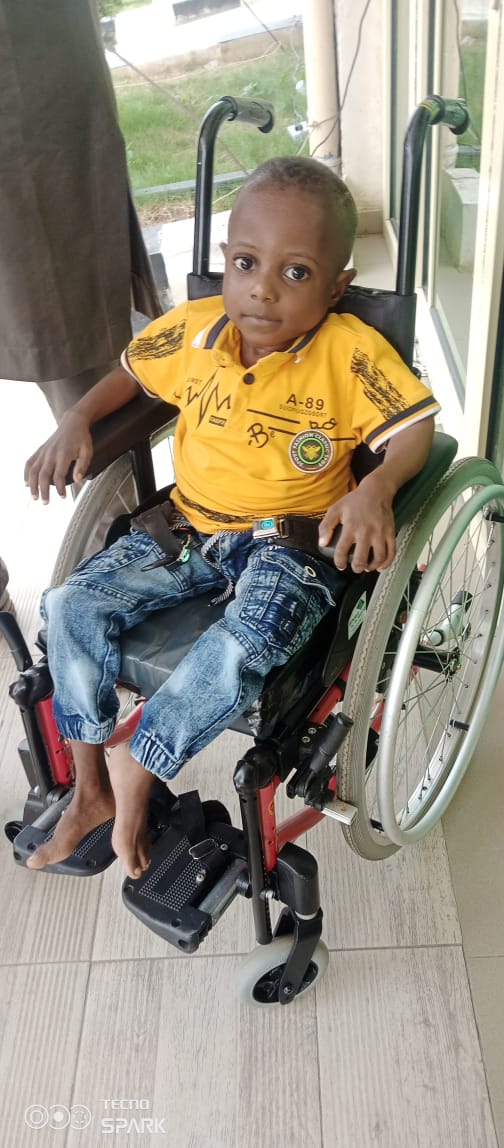
Also, the lead Therapist for OIFN, Adeoye Tolulope stated “What we do is to assess the patient, find the wheelchairs that fit them depending on the posture and whatever criteria that need to be met and ensure that it is a perfect aid for each individual.”
Explaining how they assist people living with Osteogenesis Imperfecta, Tolulope said: “We cover areas of speech therapy, physiotherapy but in this situation, we don’t need a speech therapist. We need occupational therapy and physical therapy. We help with physical therapy. Most of the children need physical therapy to maintain their posture. Sometimes after surgery, they need some physiotherapy to maintain and also improve their mobility and stability. Occupational therapy also comes in to educate parents on activities they can give to the patients. Also, we do ergonomic planning. There are various ergonomic features that we do to adjust some gadgets at home to fit the condition of these children”.
“Because Osteogenesis Imperfecta mostly causes deformity around the legs, sometimes we recommend surgery. As we cannot handle a leg that is curved so that child needs to go through surgery. After the surgery, we come in to facilitate mobility and the strengthening of the limbs. In some cases, where there are financial constraints we provide assistive devices. We use what we call a rehabilitative frame of reference, we provide ambulatory devices. The endpoint is independence. We want the child to live independently,” he added.
Recounting how OIFN has impacted her life positively, one of the beneficiaries, Rashidat Williams, who has a two-year-old baby with brittle bones said: I was introduced to Tarela Aghanti at the hospital where her son was diagnosed with the disease.”
“I don’t have a job but but foundation gave me clothes to sell. I can’t work because can’t leave my son in daycare, as they don’t understand his condition. My child could fall off again and have a fracture.”
Sharing her journey as a mother caring for her child with Osteogenesis Imperfecta Rashidat said after my son was diagnosed, the doctor sat me down and explained the condition. He encouraged me that I shouldn’t feel bad because then I was still ashamed of my baby. He was not growing. He would be two years old by June. He doesn’t look like a two-year-old. He can’t walk. It took him a year before he could sit on his own. It took me time to accept this and learn to love him.”
Speaking on the importance of inclusion, the Country Director Star Children Development Initiative, Grace Alexander said: “Everybody deserves a good quality of life irrespective of their disability.”
The CD who was represented by Fadesola Adelani explained that “there are so many people within the disability community who have mobility challenges such as people living with polio, cerebral palsy, people who have their legs amputated due to accident or health condition etc. Without using wheelchairs, they face isolation and loneliness within their communities. This barrier to their independence and freedom to move about can impact on their mental health and ultimately their overall well-being.”
Lamenting the level of stigmatisation affecting persons with disability Alexander said: “Unfortunately, our society is still riddled with stigma and the social perception associated with a person with disabilities are still negative, this includes societal stigma associated with wheelchair use, which may lead to negative attitudes, discrimination, or limitations in social interactions. Raising awareness and promoting inclusivity can help address these challenges and foster a more accepting society.”
“It is very important that every building must have ramps so that wheelchair’ user’s independence is not restricted and their participation in socio-economic activities is not restricted. An inclusive community embraces and values diversity, ensuring that all members, regardless of their racial, ethnic, socioeconomic, religious, or other backgrounds and disability, are fully involved, engaged, and genuinely feel a sense of belonging,” she added.

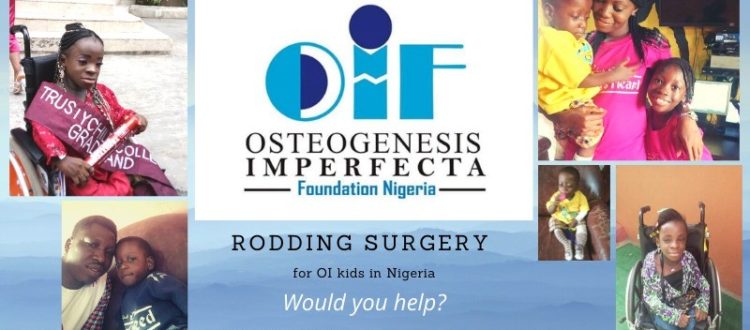
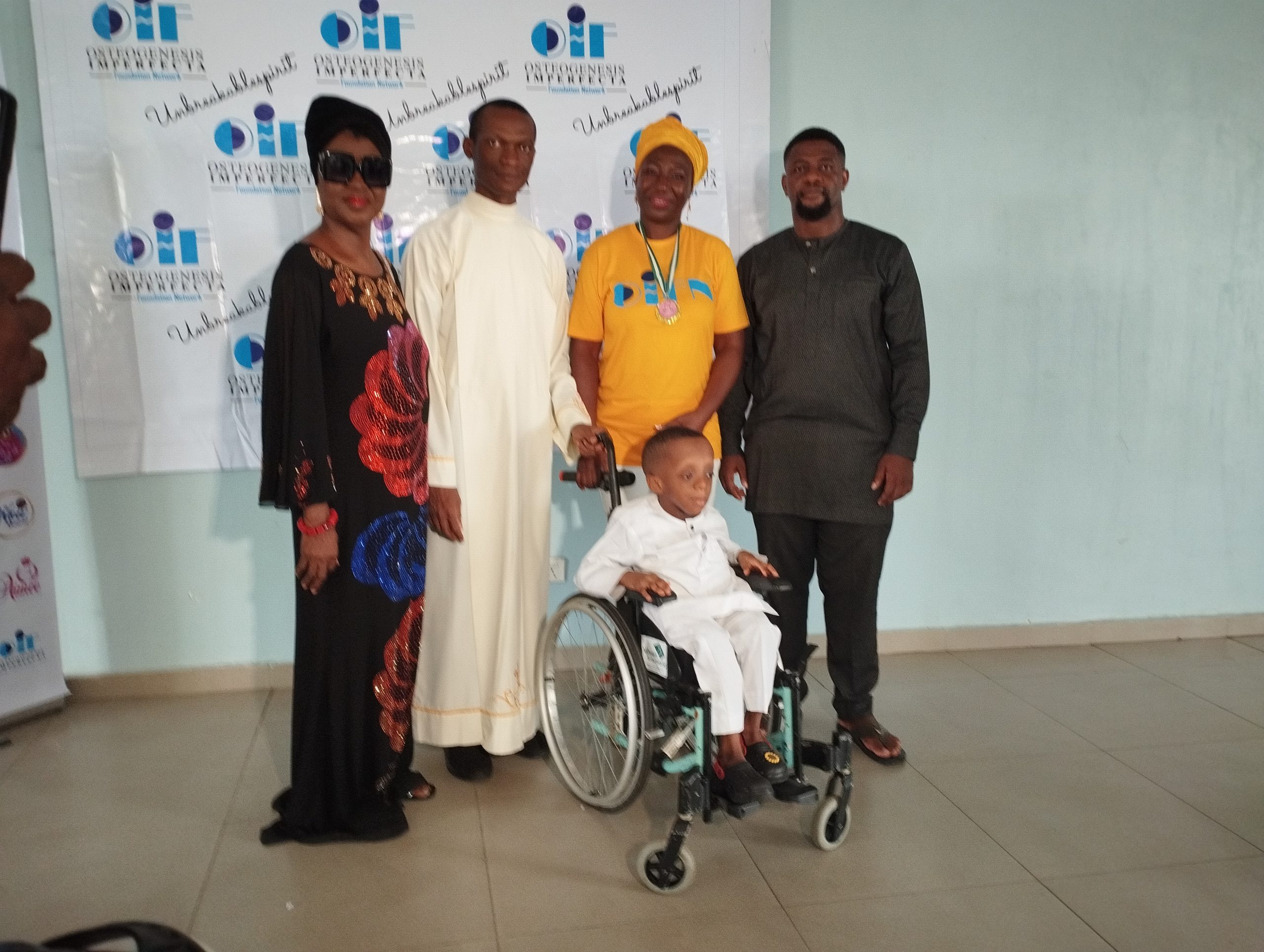
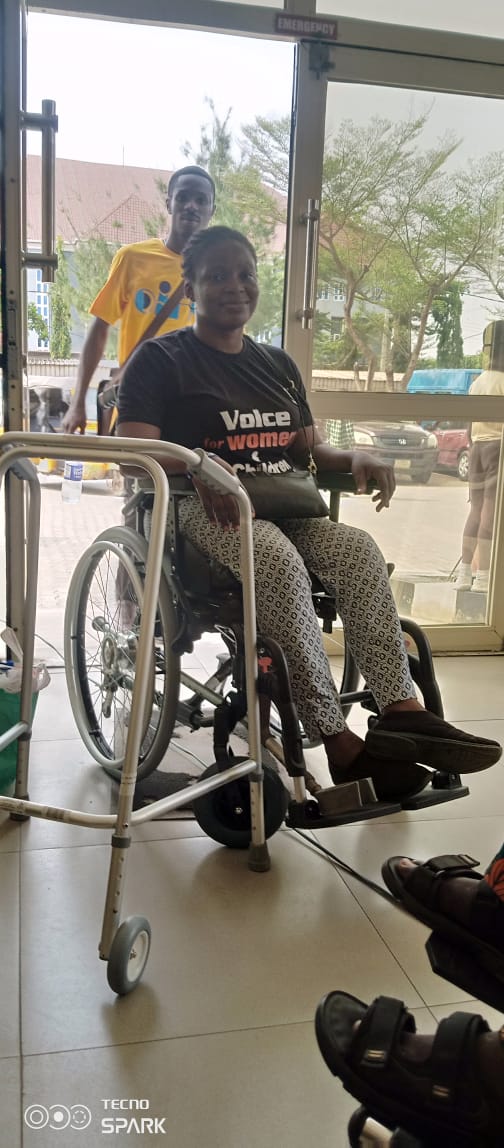
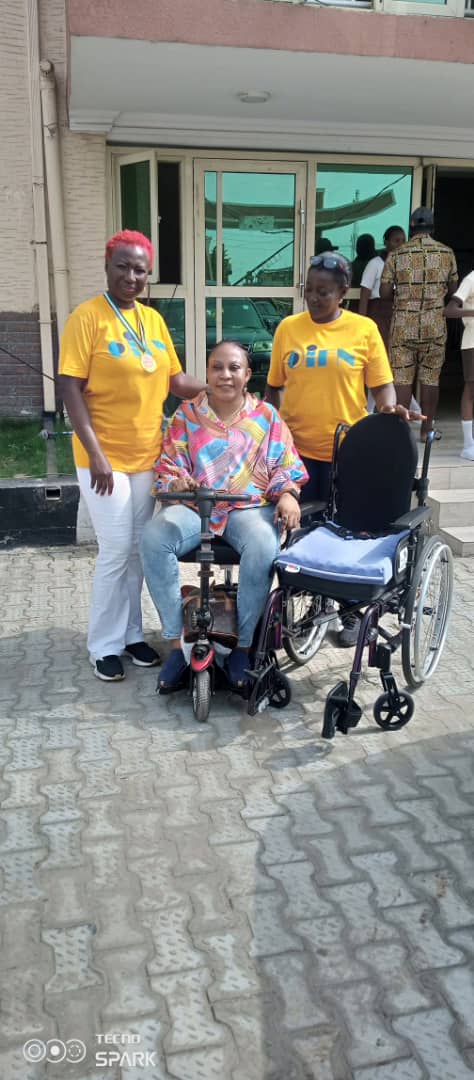
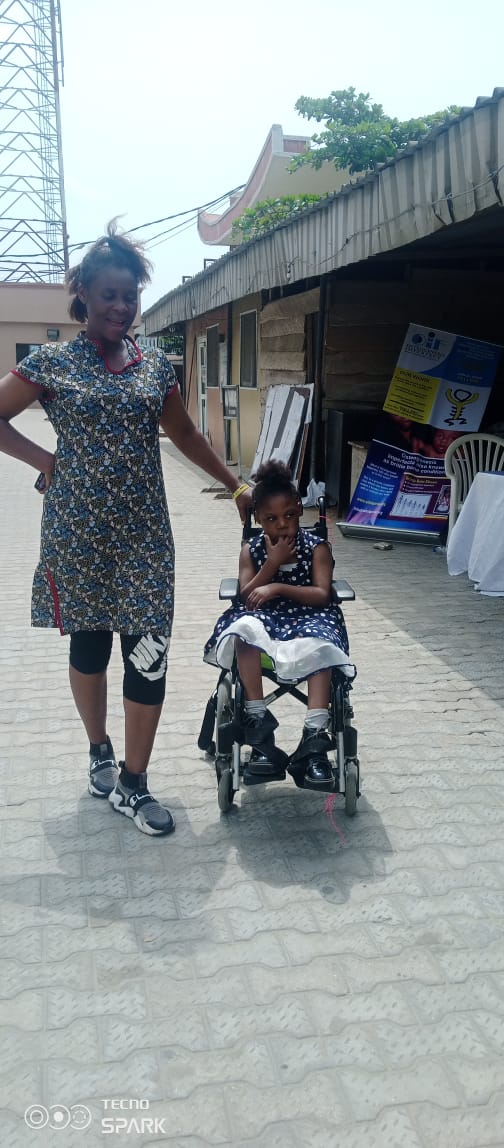
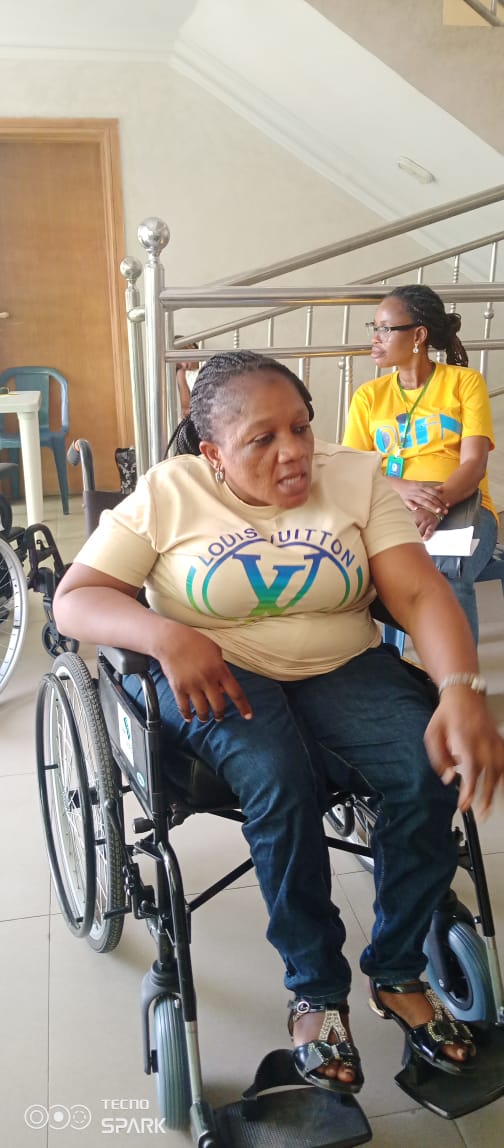


Leave a reply